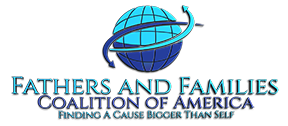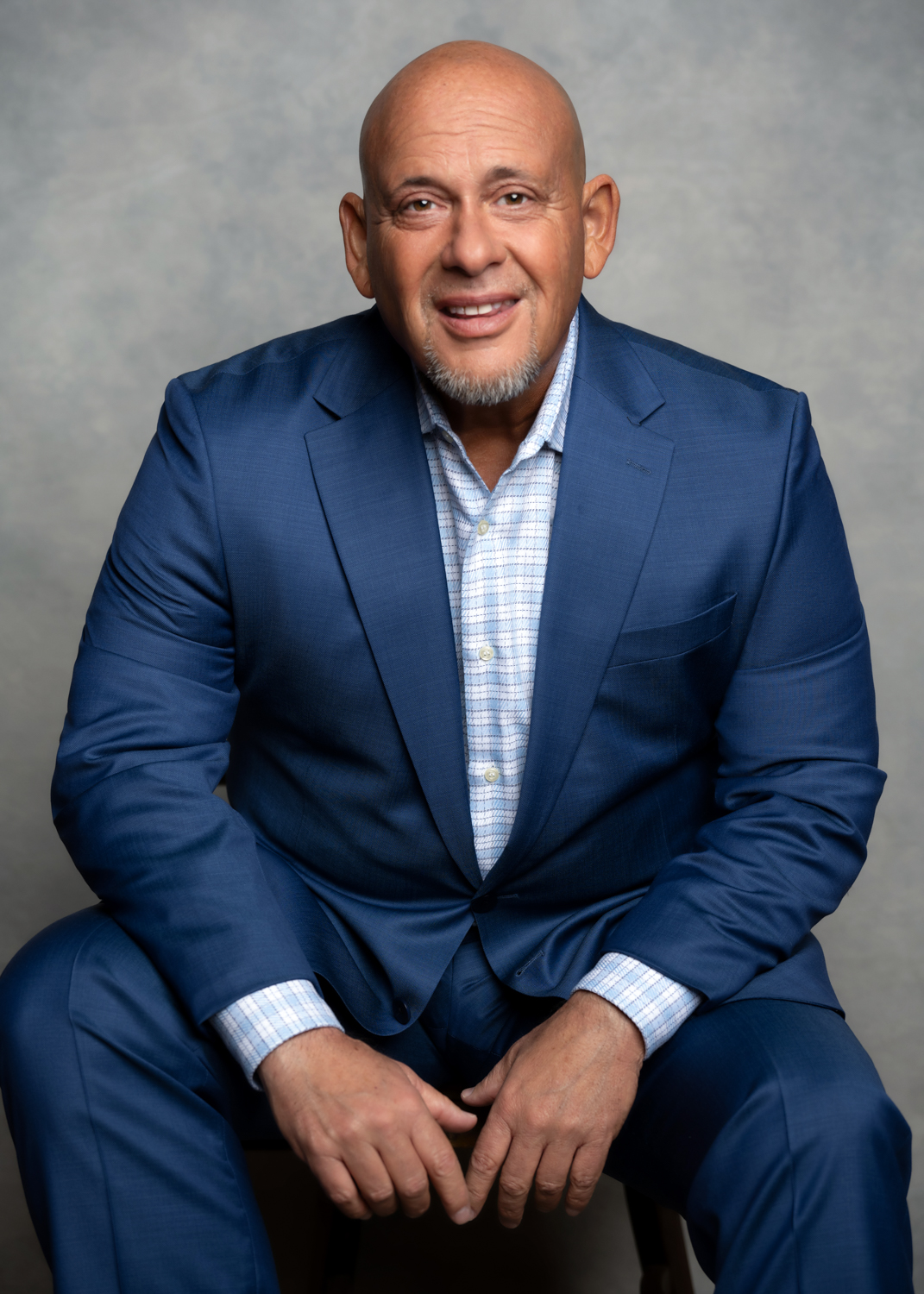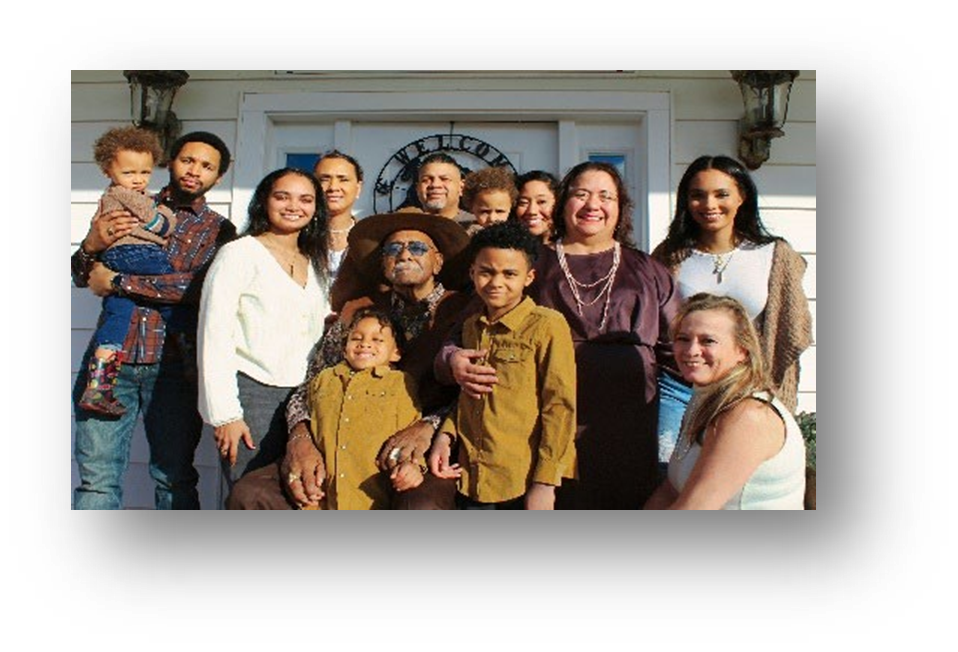
Unlocking the Purpose Within: A Call to the Courageous for the 2025 Advanced Practitioner Credential Course™
There is a place where passion meets precision. Where theory is not just taught—it is lived. Where strangers become family. And where you don’t just get certified—you get clarified. Welcome to the Advanced Practitioner Credential Course™ 2025, offered by the Fathers and Families Coalition of America, where you are not enrolling in a program—you are saying yes to your purpose. This course is not just for the clinician, the educator, or the leader. It is for the seeker. It is for the one who hears a whisper inside saying: “There is more.” And, you’re ready to find it.

Where GRIT Meets Grace
This course invites you to stand in your power—not the performative kind, but the deeply authentic kind that’s forged in the fires of hardship, experience, and healing. Rooted in the GRIT framework—Growth, Resilience, Integrity, and Transformation—every module calls you to not just understand the science of change, but to become the embodiment of it.
You will learn to lead with grace. To speak with clarity.
To support others and not lose yourself in the process.
To rise with both empathy and evidence.
To hold space for others and make room for your own evolution.
A Fusion of Philosophies for Modern Practitioners
At FFCA, we don’t silo disciplines—we synthesize wisdom. This course is grounded in:
-
Cognitive Behavioral Therapy (CBT) – Understanding the thoughts that shape our actions
-
Motivational Interviewing – Inviting change through collaboration and empowerment
-
Logotherapy – Finding meaning in suffering, based on the teachings of Viktor Frankl
-
Schema Therapy – Healing the root wounds that shape adult behavior
-
Eastern Philosophies – Ikigai, Kintsugi, and Ichigo Ichie that teach us the art of stillness, strength in imperfection, and the beauty of each present moment
-
PERMA Model of Happiness – Positive psychology that focuses on Positive Emotion, Engagement, Relationships, Meaning, and Accomplishment
We introduce you to tools. Then we teach you to wield them.
We give you frameworks. Then we teach you to live them.
The Method and Magic Behind the Course
The power of this credential doesn’t lie only in what is taught—but in how it is delivered.
Each week, you enter a space designed to nurture your mind, soul, and professional path. From morning sessions to evening cohorts to on-demand flexibility, we designed the format so that life does not become a barrier to your growth.
You’ll engage with:
-
Interactive Workbook Activities that inspire and challenge you
-
Victory Statement Creation that reframes what winning looks like
-
Focus Mapping to uproot limiting beliefs and replace them with liberating truths
-
Meet Me In Ten Years exercises that help create a new vision of self, family, and purpose
-
Practitioner Integration Case Study that unites every lesson, theory, and application
-
Time-Lapse Photo Reflections so you can see your growth from week to week
-
And a final exam experience that’s not about passing a test—but about activating a team and birthing transformation through collaboration
A Sanctuary of Synergy, Gratitude & Belonging
Some enroll for knowledge.
Many walk away with a new calling.
And a few… find the people they didn’t know they were missing.
Through this course, friendships have been born that now span years and continents. Executive leaders and first-time practitioners have locked arms through shared vision and vulnerability. This is more than a class—it is a community. It is a coalition. One where:
You don’t need to fit in.
You need only to show up.
Because this course believes in you before you even know why.
Enrollment Information
Course Starts: June 18, 2025
Morning Class: 9:00 AM – 11:30 AM PST
Evening Class: 5:30 PM – 8:00 PM PST
On-Demand Track: Weekly self-paced with assignments & exam
Course Fee: $200.00 (includes manual, assessments, certificate & access to all materials)
Register Now – Unlock Unlimited Possibilities™
https://17121.ezfacility.com/login?SmuFormId=58582B82-2149-4F2D-92B9-08C8BB6F3573
Why This. Why Now. Why You.
You don’t need a title to matter.
You don’t need a degree to grow.
You don’t need a reason to say yes to yourself.
You just need to be willing.
Willing to do the inner work.
Willing to listen to your deeper calling.
Willing to believe that everything you’ve been through is leading you here—for a reason.
This is your invitation to become who you were meant to be.
Not someday.
Now.
So, join us.
Be part of the movement.
And let your purpose rise.
Lead with Love. Transform with Intention. Live With Purpose.
— Dr. James C. Rodríguez, MSW, CADC
President & CEO
Fathers and Families Coalition of America






















